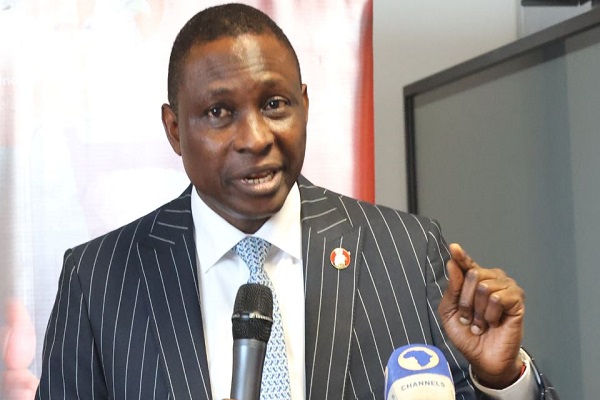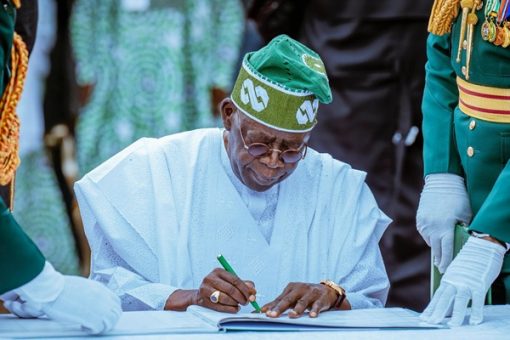Ola Olukoyede, Chairman of the Economic and Financial Crimes Commission (EFCC), has announced plans to develop a legal framework aimed at facilitating the repatriation of stolen artefacts to African countries. Speaking at the 6th annual general assembly of the Network of Anti-Corruption Institutions In Africa (NACIWA) on Monday, Olukoyede, who also serves as the president of the network, highlighted the limitations of existing international protocols in addressing the unique needs of African nations in asset recovery.
“One of the highlights of the engagement is the development of a protocol for asset recovery,” Olukoyede stated. “We’ve been using the existing United Nations Protocol and the AU protocol which has come on board. But we just felt that those protocols did not address some peculiar needs of our sub-region.”
He emphasized that the new protocol would not only focus on the return of artefacts but also on the financial benefits that these artefacts have generated for museums in the Western world over the years. “There are artefacts that have been taken to museums in the Western world and for decades, if not centuries, people have been going into these museums paying to look at these artefacts. So what happens to the proceeds they have generated from these artefacts over the years? So we are also going to demand for the proceeds,” Olukoyede said.
The EFCC chairman also noted that the new protocol would seek interest payments on funds that have been sitting in foreign banks for years, asserting that this approach would address the specific challenges faced by African countries in the repatriation process.
NACIWA, a regional anti-corruption network, comprises 14 member countries, including Benin, Burkina Faso, Cape Verde, Ivory Coast, Ghana, Guinea Conakry, Guinea Bissau, Liberia, Mali, Niger, Nigeria, Senegal, Sierra Leone, and Togo. The event was attended by prominent dignitaries, including Vice-President Kashim Shettima, Minister of Foreign Affairs Yusuf Tuggar, Minister of Justice Lateef Fagbemi, and ICPC Chairman Musa Aliyu. Representatives from ECOWAS and USAID were also present.
The issue of repatriating stolen artefacts has gained increasing attention in recent years. In 2022, the Nigerian government successfully recovered 31 Benin bronzes from three museums in the United States, 125 years after they were taken. More recently, in July 2024, the Stanley Museum of Art at the University of Iowa returned two looted artefacts to the Benin Kingdom, including a wooden carved mother hen and a brass plaque, which were among thousands of items looted during the 1897 Benin massacre.
Olukoyede’s announcement signals a new chapter in the ongoing efforts to recover and repatriate Africa’s stolen heritage, with a focus on ensuring that the financial gains derived from these artefacts are also returned to their rightful owners.



